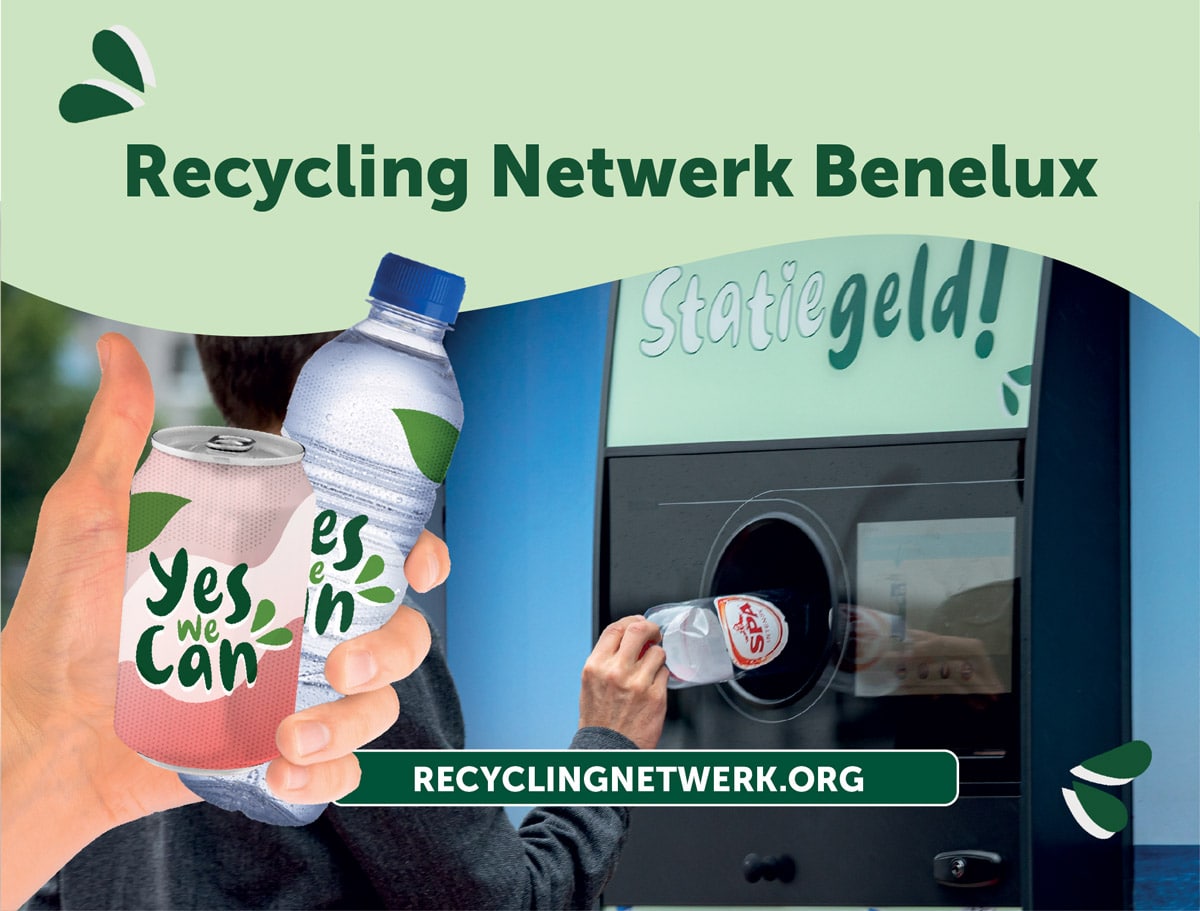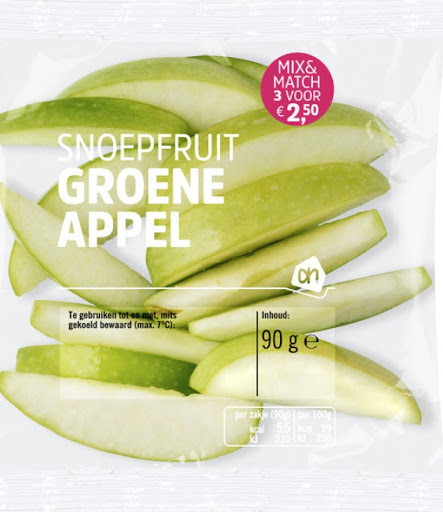Please introduce yourself and your organisation
My name is Lindsey Wuisan and I am a Strategic Manager for the plastic transition at RNB, based in Utrecht, the Netherlands. RNB is an eNGO with the objective to help reduce our society´s resource use and prevent (plastic) waste, by pushing for ambitious legislation and corporate responsibility. We cover the whole of the Benelux, but mostly focus on the Netherlands and Belgium.
Why is plastic pollution an important issue for your organisation? What’s the story?
In the past, RNB´s lobby and advocacy work has focused mostly on deposit return systems for plastic bottles and beverage cans. Gradually we started to address the whole phenomenon of single-use packaging, as well as the legislation (e.g. SUPD) and Extended Producer Responsibility schemes at national level. For instance, we contributed to this investigation uncovering the lobby strategies of Green Dot organisations (here's an article in French).
The reason why we focus on plastics (packaging) is because most of their use is not in line with circular economy principles. Besides the fact that they are mostly based on fossil resources, plastic packaging is made for the dump after only a short timespan of use. Even though the Netherlands like to call themselves a pioneer in the circular economy, reality is a different story. In 2017, about 1.900 kilotonnes of plastics were put on the market in the Netherlands. About 1.650 kilotonnes of plastic waste was treated, of which 512 kilotonnes of plastic packaging. Only 243 kilotonnes of plastics was actually “recycled” (in reality 35-39% according to the new methodology), while 52.5% was incinerated. Clearly, this situation is completely at odds with the circular and climate goals of the Netherlands. We need to transition to a circular plastics economy focusing on prevention and reuse.
“Incineration of plastic waste is at odds with Europe’s circular and climate goals. A real circular economy prioritises prevention and reuse.”
Tell us more about your ongoing campaigns and activities
After years of campaigning, and building partnerships through the DRS Alliance, a deposit return system for plastic bottles has finally been introduced in the Netherlands! Belgium, however, is still lagging behind. So our lobby activities and campaigns, such as “DRS, Yes We Can!” , continue there at full strength. At the same time, we actively promote the reuse transition, for instance through Mission Reuse, which is a platform in the Netherlands. We also actively stimulate reuse in Belgium, where we have performed the Deliveround project on reuse systems. Recently, we published a manual for restaurants who want to offer reusable packaging, and helped to develop a tool to calculate the environmental benefits of reuse. Thirdly, we have been and are still actively lobbying for an ambitious implementation of the SUPD at EU and national level, in close collaboration with BFFP.
When did your organisation become a core member of BFFP? What difference has being a part of Break Free From Plastic made for you?
We became a core member of BFFP in 2018. Gradually we have become more and more active in the movement and are currently co-leading the task forces on reuse and DRS. Being a member of BFFP is immensely useful to us because of the knowledge exchange, inspiring activities/campaigns and of course the network. That is why we are currently the BFFP coordinator for the Benelux, in order to share information and collaborate with other organisations.
What is the most ridiculous plastic product or packaging that you have seen?
Fresh apple in plastic:
What do you find shocking in the plastic waste landscape that you think everybody should know about?
Most people know that plastics are made from fossil fuels. Few people know that the plastics industry is shifting towards cheap ethane gas, a by-product of fracked natural gas, imported from the U.S. While the EU is aiming towards a circular economy and reduction of plastic waste, there are plans in various countries to build chemical plants to continue the fossil addiction, like INEOS in Belgium. As this article states: “the U.S./Europe trade in petrochemical by-products (…) could potentially undermine the European goals on both waste and carbon emissions”.
We would like to thank Lindsey Wuisan for this interview.





